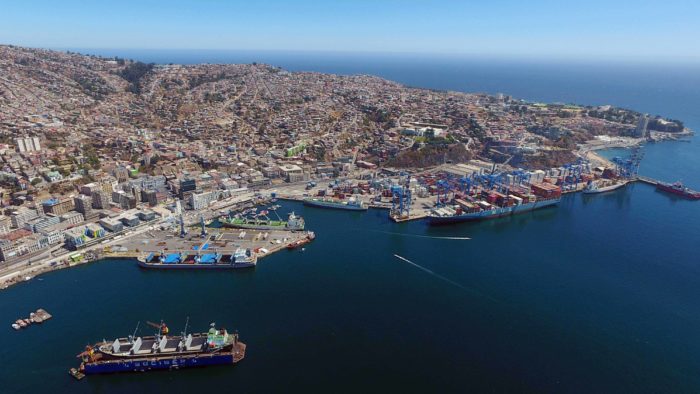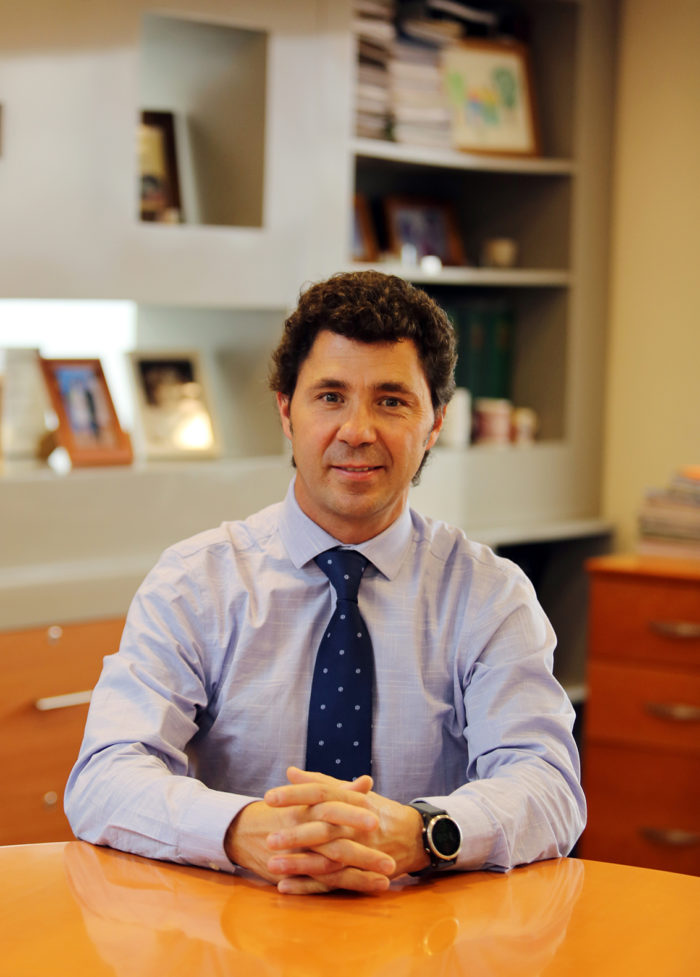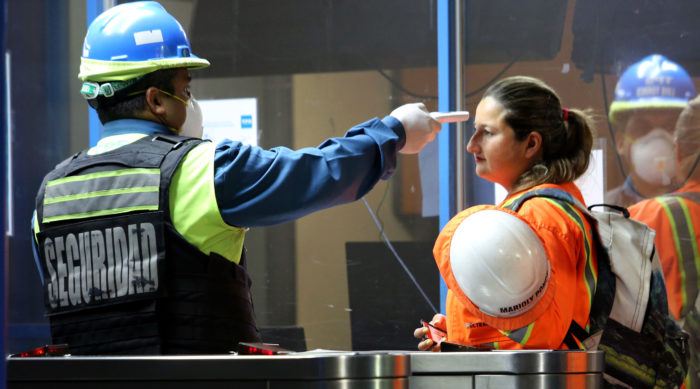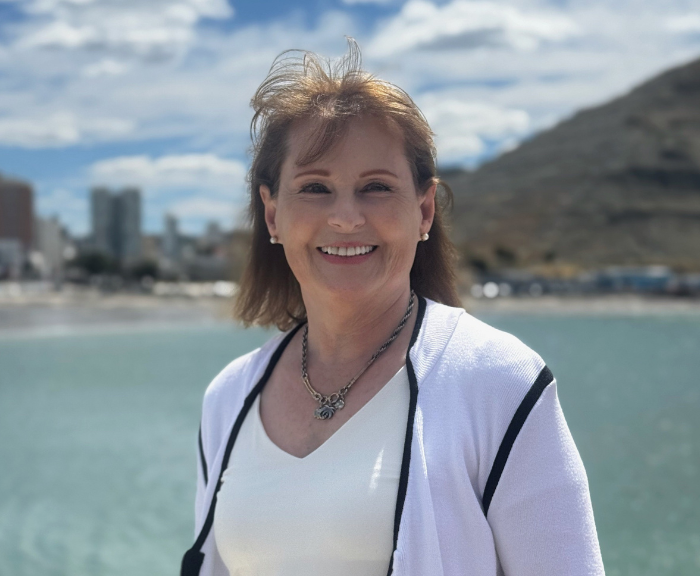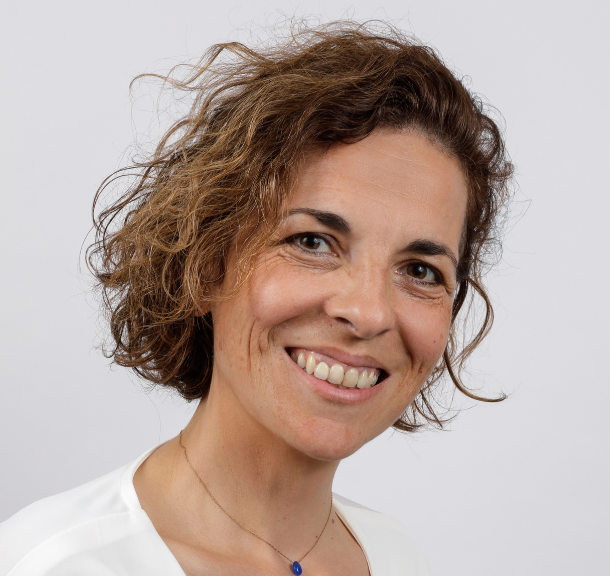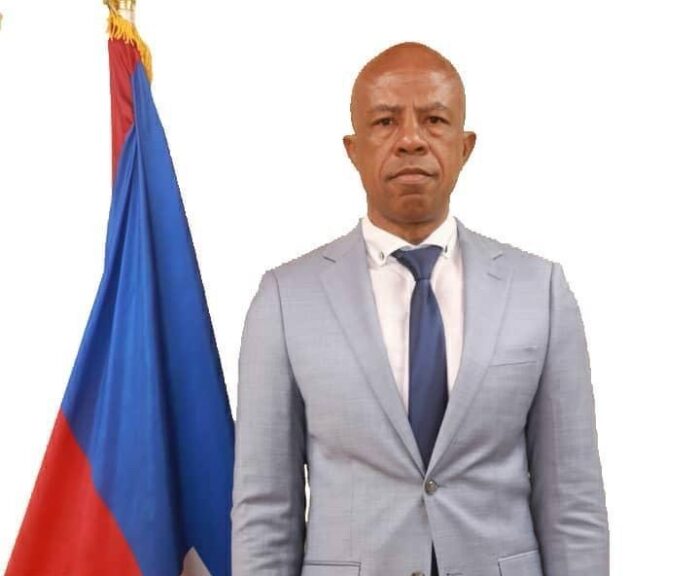During the Covid19 pandemic, Port of Valparaíso has carried out several community support plans, in order to inform the population about health measures and to assist people in need. As one of Chile’s main ports, the Port of Valparaíso is preparing to play a key role in the economic recovery, being respectful of the sustainable development.
The Port of Valparaiso, is an active members of AIVP since 2002
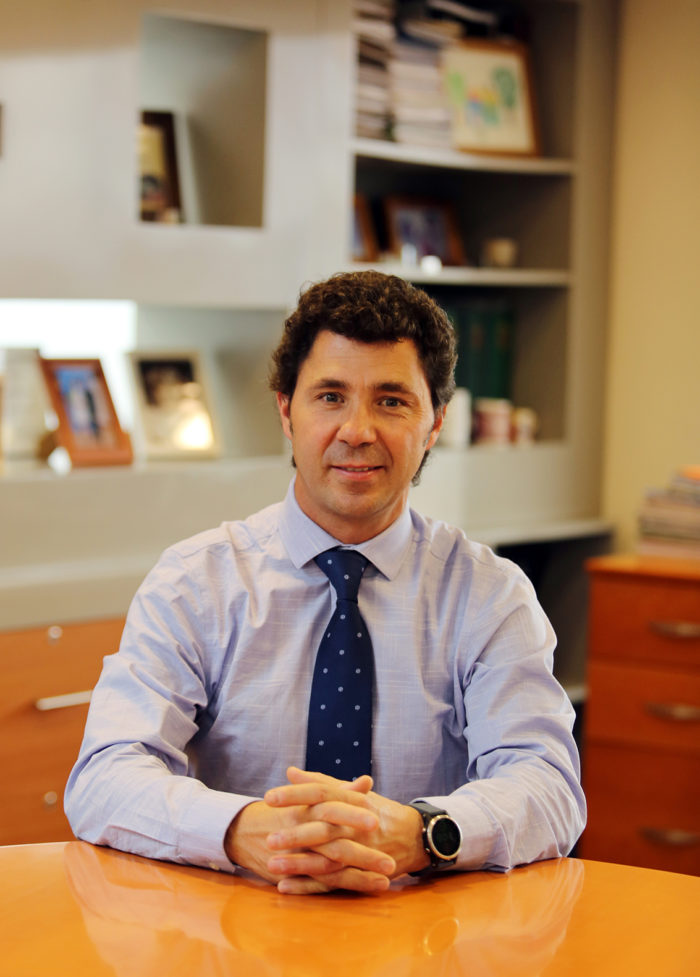 AIVP – In our special Covid-19 bulletin recently we reported the homage paid by the City and Port of Valparaíso to the health workers, port workers, truck-drivers and everyone who has continued to work despite the Covid-19 crisis. Can you tell us about any other actions launched to help in the fight against the virus?
AIVP – In our special Covid-19 bulletin recently we reported the homage paid by the City and Port of Valparaíso to the health workers, port workers, truck-drivers and everyone who has continued to work despite the Covid-19 crisis. Can you tell us about any other actions launched to help in the fight against the virus?
Franco Gandolfo, General Manager of the Port of Valparaíso – In the context of this unprecedented health crisis which has hit Chile and the whole world, since January this year the Port of Valparaiso has coordinated and promoted a series of actions and measures to reaffirm our commitment to the continuity of international trade operations over the port. In particular we have strengthened our commitment to the health, safety and security of the hundreds of workers who perform this important activity day after day.
The work of our concession-holders, authorities, employees and other actors in the trade chain, their permanent concern for people and their commitment to keeping operations going, have been key factors in dealing with this crisis and keeping up supplies of materials that are essential to more than 70% of the Chilean population, and, as we know, are supplied by sea.
Together with the Health, Customs and Maritime Authorities – and of course the concession-holders – the employees themselves and the port and logistics community as a whole have been adopting campaigns to promote measures to protect health and sanitise spaces and equipment, to encourage preventive behaviour and educate people in social distancing. In operational terms, a comprehensive plan has been implemented to reduce the need for face-to-face interactions throughout the whole chain.
A logistical sanitary cordon has also been implemented, divided into three actions: sanitising trucks and taking the temperature of drivers in the Logistical Support Extension Zone(ZEAL); implementing preventive measures for port workers on the terminals; and strict health checks of all crews and ships arriving in Valparaiso before cargo transfer is begun.
An important point is that these measures have been developed in an atmosphere of co-responsibility with the port workers’ unions; they are important allies for reviewing and strengthening health and prevention plans, and for disseminating the measures implemented for the crisis. A committee has been meeting since March to achieve this, with representatives of the employees, the Maritime Authority, TPS, TCVAL, ZEAL and EPV. There are also of course the actions adopted by the Logistical Support Extension Zone (ZEAL), which acts as a node for the control, coordination and inspection of all the cargoes entering and leaving the Port of Valparaiso and our other two concession-holders.
AIVP -Quarantine has disturbed the way in which we interact and prevents us from planning events, at least in the near future. We have to invent new forms of social links. On your website you launched a children’s painting competition to promote self-care in the home, in cooperation with Baburizza Museum, the Municipal Museum of Fine Arts. Can you tell us briefly about this initiative or other actions that you have launched to keep links open with the population, and maintain access to your port-city culture?
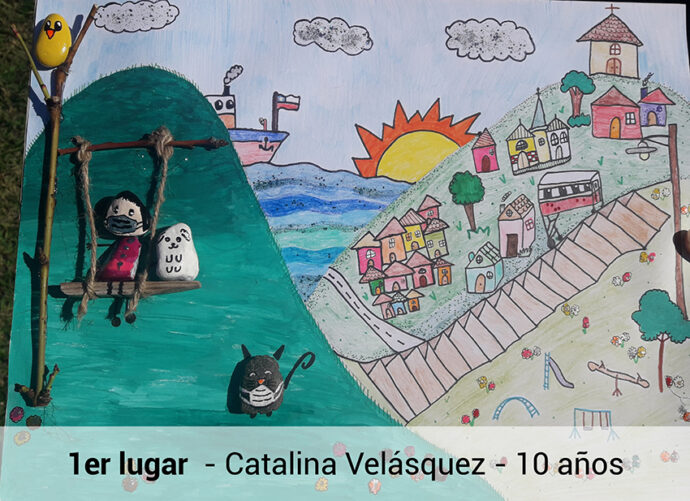
Franco Gandolfo, General Manager of the Port of Valparaíso – The object of our action with the Fine Arts Museum, or Baburizza Museum – a habitual ally of the Port of Valparaiso – was to generate active interaction with our community, and in this way continue to contribute to the everyday lives of all the port’s inhabitants at a time when our mobility is restricted. This initiative consisted in a competition which awarded prizes to pictures sent in by children from their houses, portraying the pandemic and life at home from the unique point of view of the children living in the various parts of the port-city. There was great interest in participating, and by the time the competition closed we had received more than 600 works of art from 580 children.
Apart from this competition we have organised other events for the community, for example video clips in which a doctor explains the effects of Covid-19 and the measures to be taken to avoid contagion. People sent questions to the doctor by whatsapp or e-mail, and the answers were distributed in the same way.
We have also implemented weekly bulletins in which we inform our communities about the state of the port and ship movements, and tell them what we are doing. We also send prevention messages.
Another action has been a campaign on social media in which the measures people should take to avoid contagion with coronavirus were explained in simple language. This went on for a whole month and alternated with pictures of the extra health arrangements implemented on the terminals and in the logistical support zone to protect the health of our employees who have to work on site.
We are also starting a cycle of talks on subjects related to today’s health context and to the future challenges facing international trade over marine terminals, our environments and people in general in their everyday life and work. This cycle, which started on 19th May and will continue with other talks in June and July, focuses on the members of our port community as well as the wider community.
AIVP – Port authorities can help to reduce the social consequences of this difficult moment. Your website also reported your support for a social initiative to help vulnerable people and families. The Port of Valparaiso has established a distribution centre to help these people. Can you tell us about any other solidarity actions that you have launched to support the community?
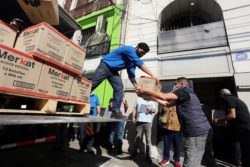
Franco Gandolfo, General Manager of the Port of Valparaíso – We as the port and the port system are convinced that a concrete way of helping is by assuming the responsibility of maintaining the continuity of our operations, because in that way we can go on contributing jobs and productive work to Valparaiso. So in the context of the health crisis, in the first phase we concentrated on protecting the health of our employees and responding to any needs that might arise. Today we are starting a solidarity programme, giving our support as the Port of Valparaiso, together with our concession-holders Terminal Pacífico Sur (TPS) and Terminal Cerros de Valparaíso (TCVAL), to the casual labourers who work on the port. This means giving out more than 2,000 food parcels – equivalent to 45 tons of food – distributed among all their families over a period of three months, which we hope will be an important contribution for them.
We have also worked with the Health Authority to provide flue vaccines, to prevent possible contagion of people who are working to maintain the operational supply chain through the port. This is especially significant because in this part of the world winter is just starting, which is a period of higher risk for catching respiratory diseases.
We are preparing a support plan for other social, sports, commercial and tourism organisations in the area, establishing supportive actions especially for the most vulnerable sectors of society. We also have a programme to support small business owners, in cooperation with the Municipality and our concession-holder TCVAL.
At the same time we continue to work with important organisations in the area, like the Social Development and Environment Ministries, Fire Brigade and several neighbourhood associations, implementing support programmes and actions for specific population groups, such as the homeless, recyclers and neighbours affected by the crisis and other recent events – like the terrible fire at the end of last year.
AIVP – As one of the biggest ports in the country, the Port of Valparaíso will be at the centre of the economic recovery plans to be implemented in due course. However, port cities must still tackle the climate change problem, which is one of the biggest challenges to be met post-Covid19. What are your plans for combining economic recovery with the goals of sustainable development?
Franco Gandolfo, General Manager of the Port of Valparaíso – As the Port of Valparaiso, and together with our concession-holders, the port community and our employees, we are prepared – from the logistical and human angles – to tackle the problems that may occur in the future in reactivating the economy of Chile and the world. This has been seen before in the face of other situations that we have had to face as a company, as a port system and as a city. Our employees, our logistics and our infrastructure are ready.
Our sustainable development policy, which has recently been updated by our Board of Directors, is in line with these efforts, focusing not only on our performance in port operations as such and the future growth of our infrastructure, but also on the benefits that the port’s activity radiates out into its more immediate social environment. These will generate sustainable economic, instuitutional, social and environmental development, to create shared value in the long term with the environment in which our current and future activities are carried on.
In recent years, but especially now in 2020, we have been involved in important projects like the initiative to obtain electricity from wave-power at Barón Wharf, in the hands of the R+D Department of Maestranza Diesel (MD), with the support of ASMAR (Astilleros y Maestranzas de la Armada) and the Valparaíso Port Company.
Work is also planned to strengthen the sea-front with the installation of new breakwaters to protect the area from storm surge, and to protect the construction work going on in the Barón area. This initiative supports not only the city’s infrastructure but also future projects to benefit the population.
